Be kinder to the environment with gas in your home
Gas in a Low Carbon Future
New Zealand is on a path to a net-zero carbon future. What does that mean? In simple terms it means getting to the point where the amount of carbon dioxide (CO2) we put into the atmosphere is 100% balanced by the amount we take out of the atmosphere. It also means burning less fossil fuels and planting more trees.
Gas is certainly a fossil fuel, but it has a key role to play in helping us reach our low carbon future. It may seem counter-intuitive, but using gas in your home actually allows you to be kinder to the environment. By using gas for heating and cooking, you're using less electricity during crucial times of day such as early evening when demand is high.
We're fortunate in New Zealand that most of our electricity comes from sustainable sources such as hydro, geothermal and wind. However, when demand is high we often rely on coal and gas power stations to top up the supply, so the best thing we can do is to reduce that peak demand.
The Consumer Energy Options report proved that, when used directly in the home, gas has fewer carbon emissions than peak time electricity. So by using gas for your home heating, hot water and cooking, you’ll release fewer greenhouse gas emissions than if you burned gas to make electricity in power stations, and you'll help reduce demand on the power grid. Click here to find out more about Gas in a net-zero carbon world.
The Centre for Advanced Engineering in Canterbury suggests that if all New Zealanders used gas instead of electricity for water and home heating we could reduce the country's CO2 output by nearly two million tonnes per year!
New Zealand is fortunate to have a very reliable, long term gas supply, so there's plenty available for all of us to use for a very long time. We can make the most of this resource to reduce emissions and transition to a net-zero carbon future.